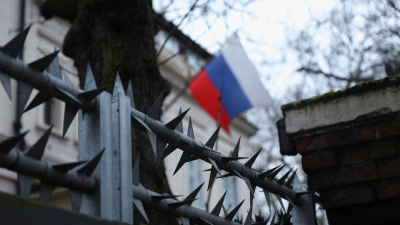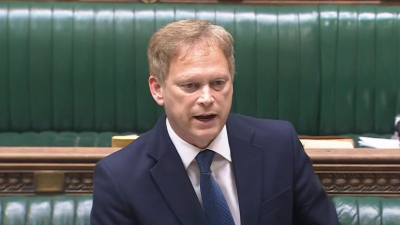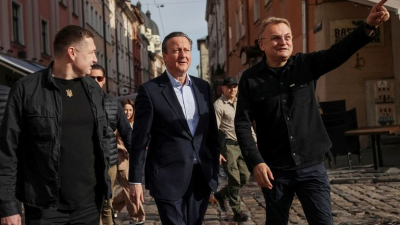Distraught Family Appeals for Action: Israeli Grandfather, Chaim Peri, Pleads for Release in New Hamas Video
The family of 79-year-old Chaim Peri is making a heartfelt plea to the Israeli government for increased efforts to secure his release after he appeared in a recent video released by Hamas. Described by the families of the captives as a form of "psychological terrorism," the hostage video features Peri along with two other residents of Kibbutz Nir Oz, Amiram Cooper, 84, and Yoram Metzger, 80.
In the video, Chaim Peri identifies himself and expresses the dire conditions they are facing, mentioning health issues and stating that they are "suffering greatly in very harsh conditions." He earnestly implores the Israeli government to secure their unconditional release. Peri's daughter, Inbal Albini, spoke to Sky News about her deep concern for her father's well-being. While acknowledging relief at seeing him alive, she expressed worry about his physical and mental condition, calling for more decisive action from the Israeli government.
It's terrible. You know, there aren't many words that I can describe this feeling, but most of it is frustration, anger," said Albini. "It's an unbelievable situation. And he's not supposed to be there. Not him, not his friends, not all the kidnapped people that are still there. They're not supposed to be there long ago. Long ago. And we don't see any progress.
Albini emphasized the urgent need for the government to take more decisive steps and communicate clearly with the families. The hostage situation has added pressure on the Israeli government, especially in the aftermath of the accidental killing of three hostages by the IDF, prompting calls for action and a resolution to the crisis.
Amidst Tensions: Calls for Ceasefire as Netanyahu Stands Firm, Hostage Release Efforts Continue
As the military campaign intensifies, families of those affected argue that the escalating violence is putting the lives of their loved ones in peril. They advocate for another ceasefire to pave the way for negotiations, expressing concern about the well-being of hostages. However, Prime Minister Benjamin Netanyahu maintains a stance that a deal can only be achieved by degrading Hamas, signaling a reluctance to embrace an immediate cessation of hostilities.
Efforts to secure the release of additional hostages are underway, with the heads of the CIA and Mossad expected to meet with Qatar's prime minister. This diplomatic engagement underscores the intricate web of negotiations and strategic discussions aimed at finding a resolution to the crisis.
Notably, a week-long ceasefire at the end of November resulted in the release of over 100 hostages. However, the exchange involved the release of 240 Palestinian women and teenagers held in Israeli jails. The complexity of the situation highlights the challenges surrounding hostage negotiations and the delicate balance between pursuing security objectives and seeking diplomatic solutions. The ongoing developments underscore the urgency for diplomatic efforts to address the crisis and find a path toward lasting peace in the region.
In conclusion, the escalating tensions in the region have brought about a stark divide in perspectives, with families of hostages advocating for a ceasefire to protect their loved ones, while Prime Minister Benjamin Netanyahu asserts that degrading Hamas is the only path to a viable deal. The diplomatic arena is active, with efforts to secure hostage releases ongoing as the heads of the CIA and Mossad engage in discussions with Qatar's prime minister.
The recent history of a week-long ceasefire in November, resulting in the release of hostages in exchange for Palestinian detainees, highlights the intricate nature of negotiations and the complex dynamics at play. The situation underscores the need for a delicate balance between security objectives and diplomatic resolutions. As the region navigates these challenging circumstances, the urgency for diplomatic efforts remains critical, emphasizing the ongoing quest for a lasting peace in the midst of heightened tensions.







